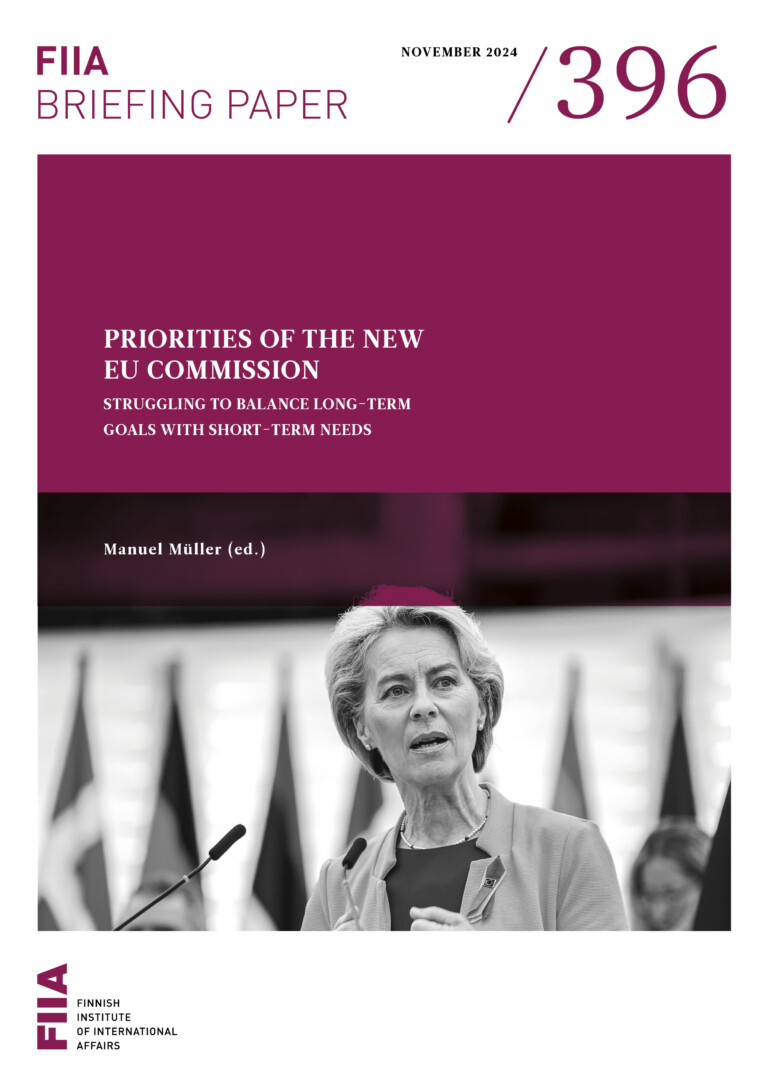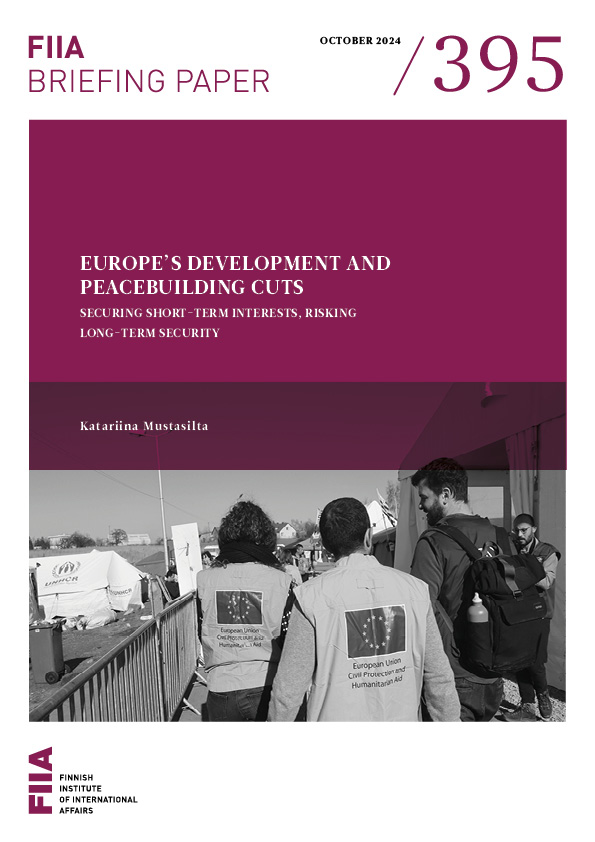The EU has always been more comfortable with long-term policymaking, but recent crises have forced it to become more agile and reactive. This shift is also reflected in the structure and policy priorities of the new Commission.
Geopolitical rivalries and the struggle for “competitiveness” shape the Commission’s plans for economic as well as foreign and security policy, and also impact areas like climate and energy.
At the same time, domestic disagreements and the rise of far-right parties affect asylum and migration policy as well as the prospects for enlargement and institutional reform.
While the Commission must drive on sight, the focus on short-term challenges can create tensions with long-standing policy objectives, especially where these are not easily translated into geopolitical gains. To be successful, the EU must equip itself to respond more effectively to current developments, but also ensure that its policies are consistent with its long-term vision and values.








